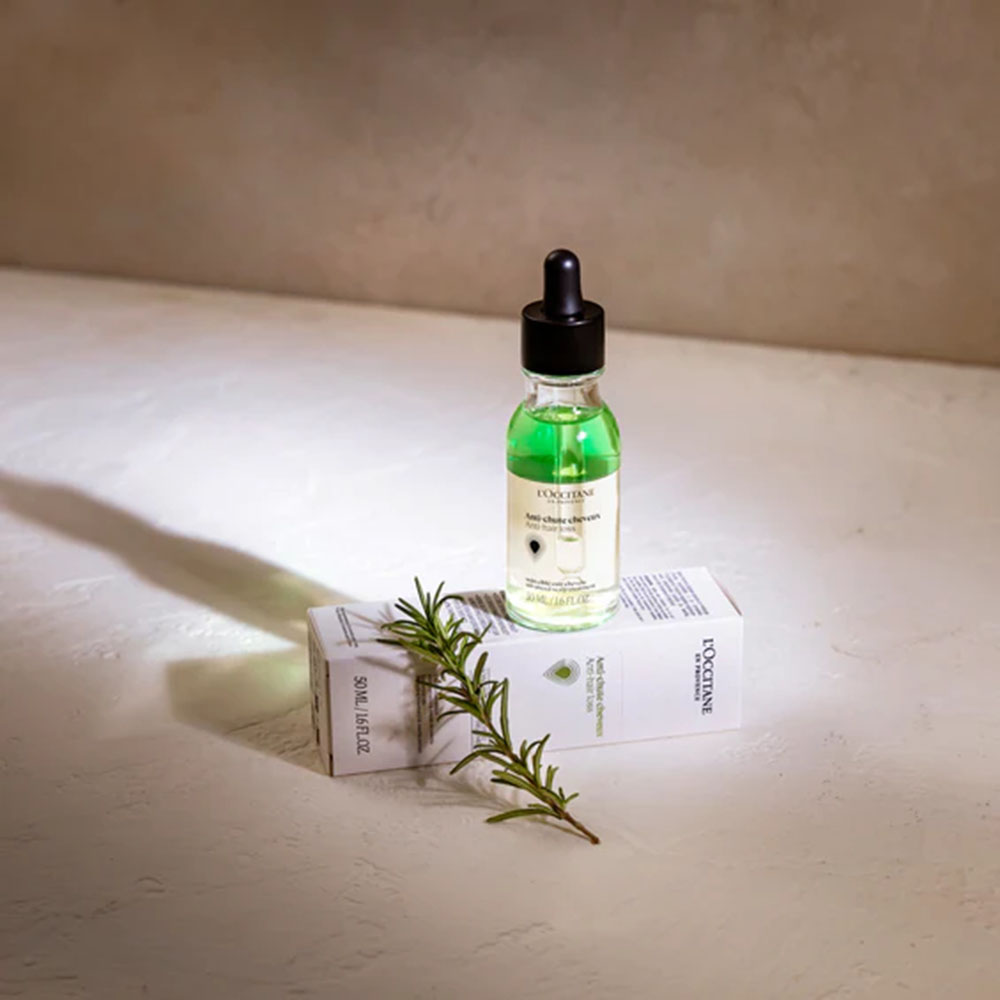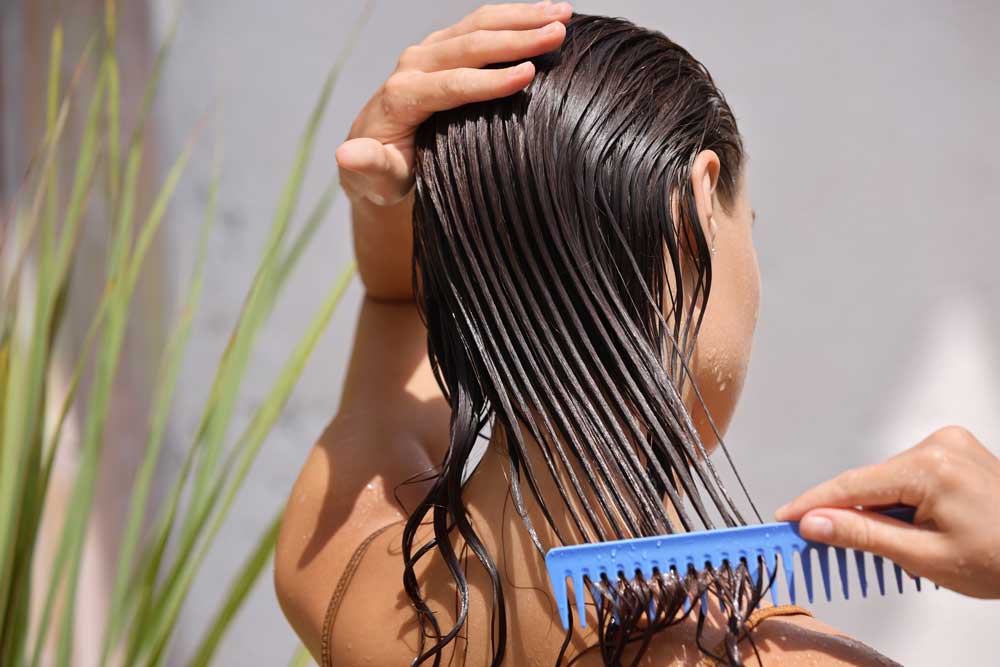Seasonal changes can be especially tough on your hair. With the transition from fall to winter, you might notice more strands on your pillow, in your brush, or even on the floor. Hair fall during this time is completely normal and usually brought on by several factors: the drop in temperature, changes in humidity, and our tendency to turn up the hot water during our showers. But if you’re seeing more than the usual 100 or so strands a day, or if your hair feels noticeably thinner, it might be time to take some extra steps.
Here are four effective ways to tackle hair loss this season as per Dr Kiran Sethi, so you can keep your hair feeling healthier and stronger!

1. Check Your Key Nutrients And Get Tested
If you’re dealing with stubborn hair fall, it’s wise to get to the root of the issue – quite literally! Nutrient deficiencies, especially in ferritin, zinc, and Vitamin D, can be significant contributors to hair fall. If these levels are low, your hair follicles may not be getting the nourishment they need to stay strong and healthy.
What to check:
- Ferritin: Aim for levels above 70.
- Zinc and Vitamin D: Make sure these are also at 70 or higher.
- Other essential nutrients like Vitamin B12, Folic Acid, and thyroid hormones (TSH, FT3, FT4) play a role in keeping hair loss at bay.
As Dr Kiran Sethi explains, ’Maintaining the right levels of ferritin, zinc, and Vitamin D is essential for reducing hair fall, especially during seasonal transitions.’ If you haven’t checked your levels recently, now might be a good time to book a blood test.

(Image source- Instagram/ LoccitaneIndia)
2. Focus On The Scalp
Your scalp is the most important part of your hair. Compromised scalp care in the fall-to-winter season is often the reason for excessive hair fall. We also tend to use hot water to combat the chilly weather. Unfortunately, hot water can dry out the scalp, making it prone to dandruff, which weakens hair roots and can lead to more shedding.
’One popular option for those who want extra strengthening while curbing hair fall is the L’Occitane Anti-Hair Loss Treatment, as it fortifies your roots with ingredients like rosemary oil and peppermint oil,’ says Dr Kiran.
The treatment boasts a bi-phase and lightweight formulation and gets easily absorbed in your scalp without leaving a sticky or oily film on your strands. It’s especially helpful for thin and brittle hair, as the treatment carefully balances botanical and science-backed ingredients.

3. Double Down On Conditioning
The fall-to-winter transition often means drier air, which can sap moisture from your hair. Combine that with the temptation to use hotter water, and it’s a recipe for dry, brittle hair. Conditioning your hair before and after shampooing is a game-changer for combatting seasonal dryness and preventing breakage.
- Before Shampoo: Use a lightweight oil or pre-conditioning treatment to create a barrier that locks in moisture.
- After Shampoo: Apply conditioner as usual, focusing on the lengths and ends to keep them soft and hydrated.
4. Mind The Triggers: Illness, Stress, And Lifestyle Factors
’During the fall and winter seasons, people also face health challenges like colds, the flu, or other seasonal illnesses. If you’ve had an illness recently – even as far back as 1-3 months – it could contribute to hair fall now,’ mentions Dr Sethi.
Beyond illness, pay attention to your stress levels and lifestyle. Make time for rest, hydration, and gentle hair care. Avoid super-tight hairstyles, as these can place additional stress on your hair follicles.